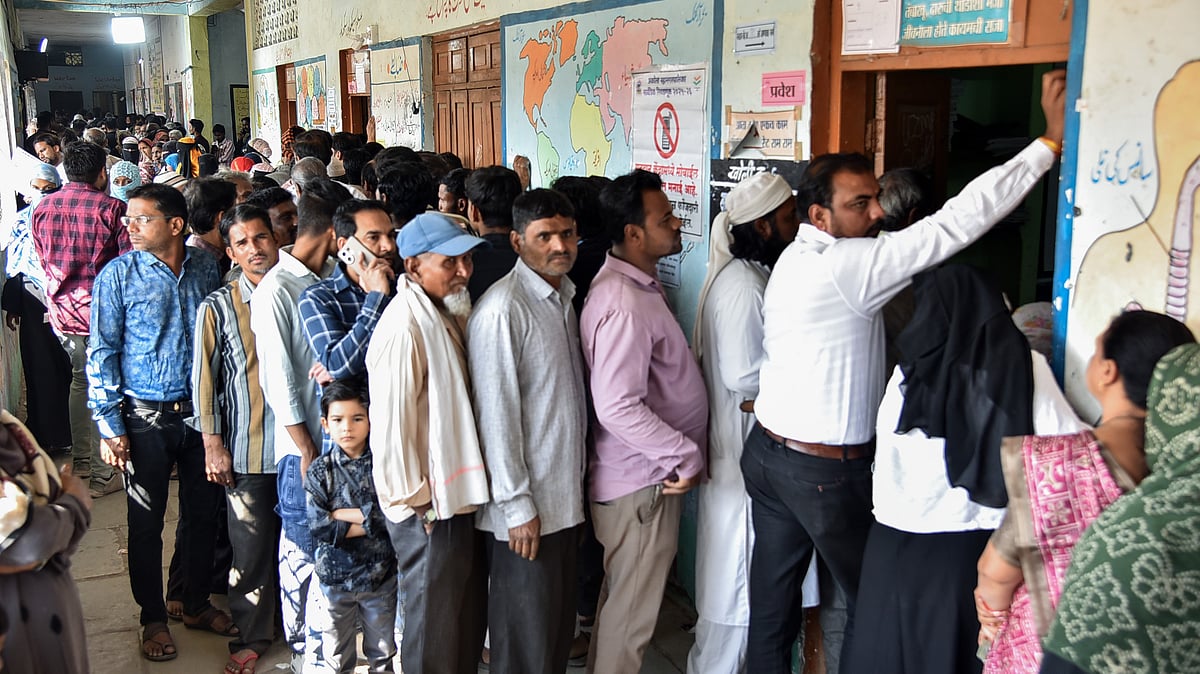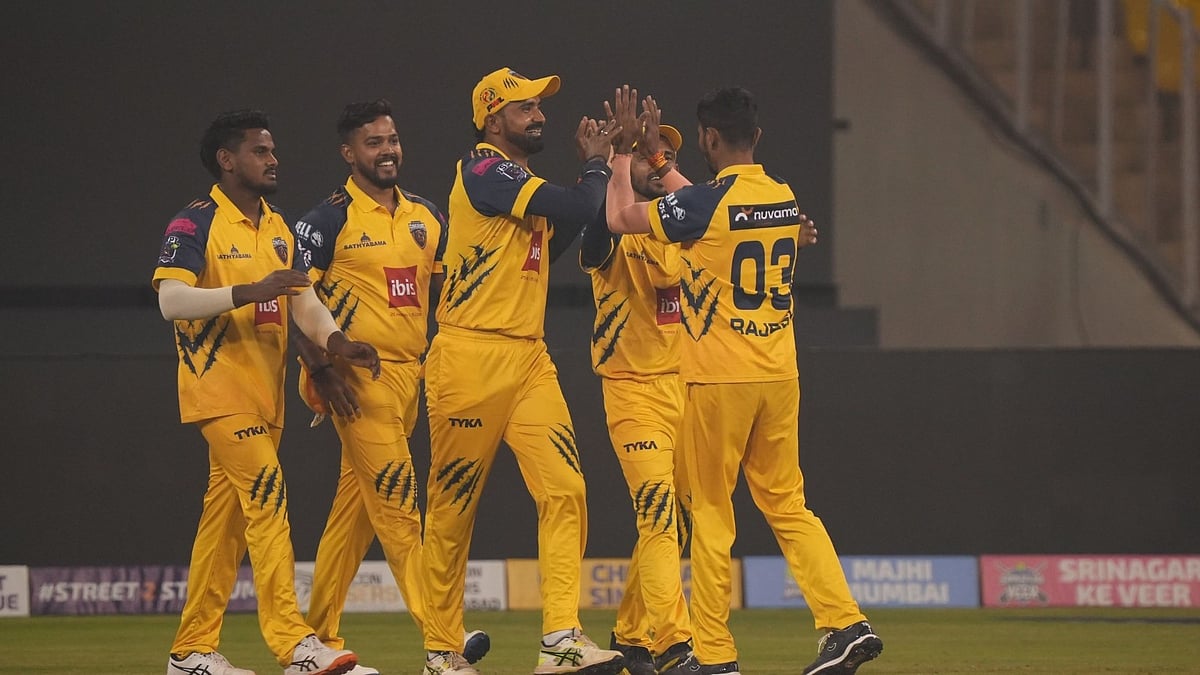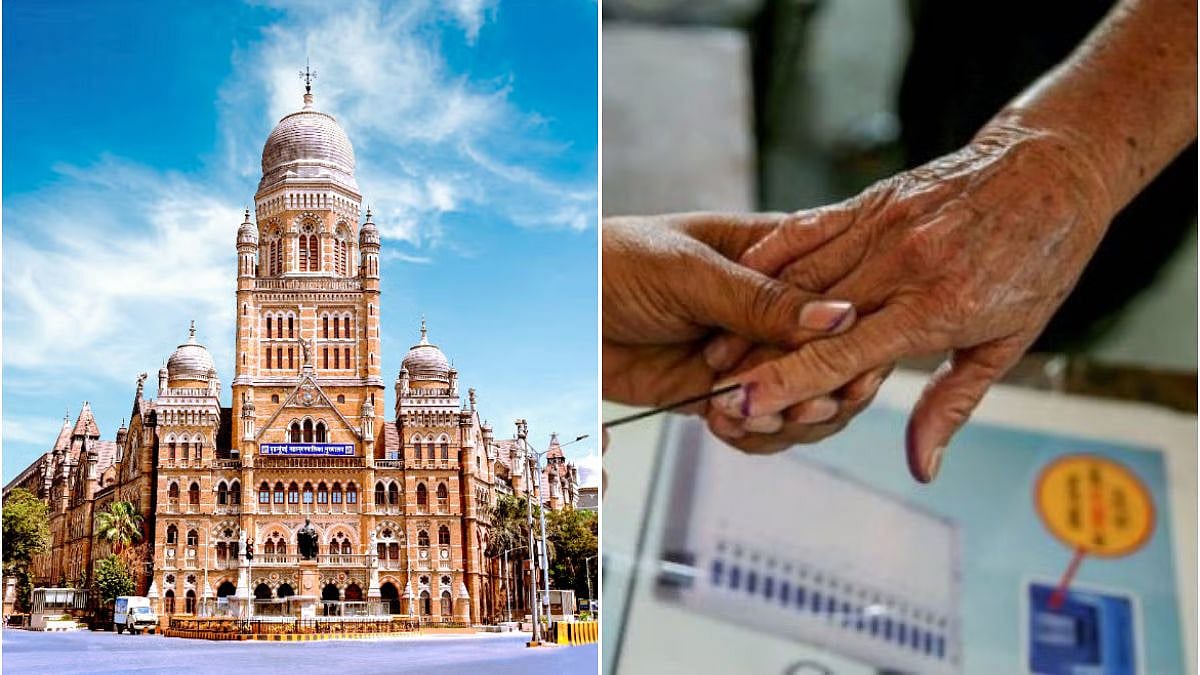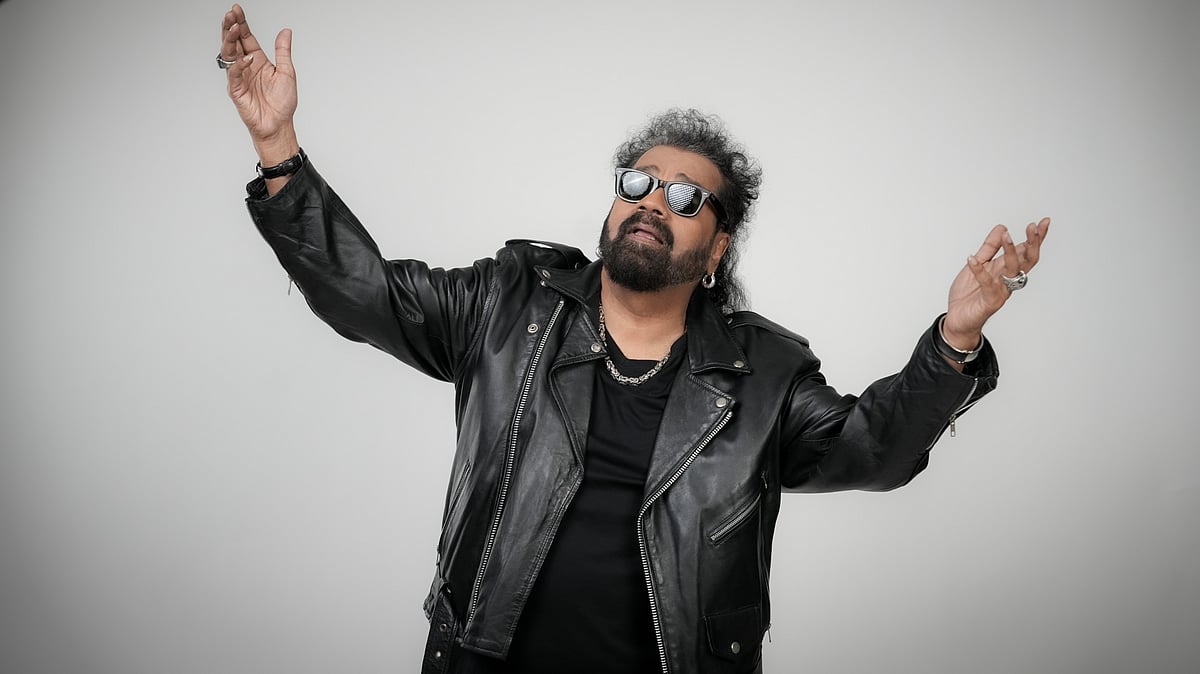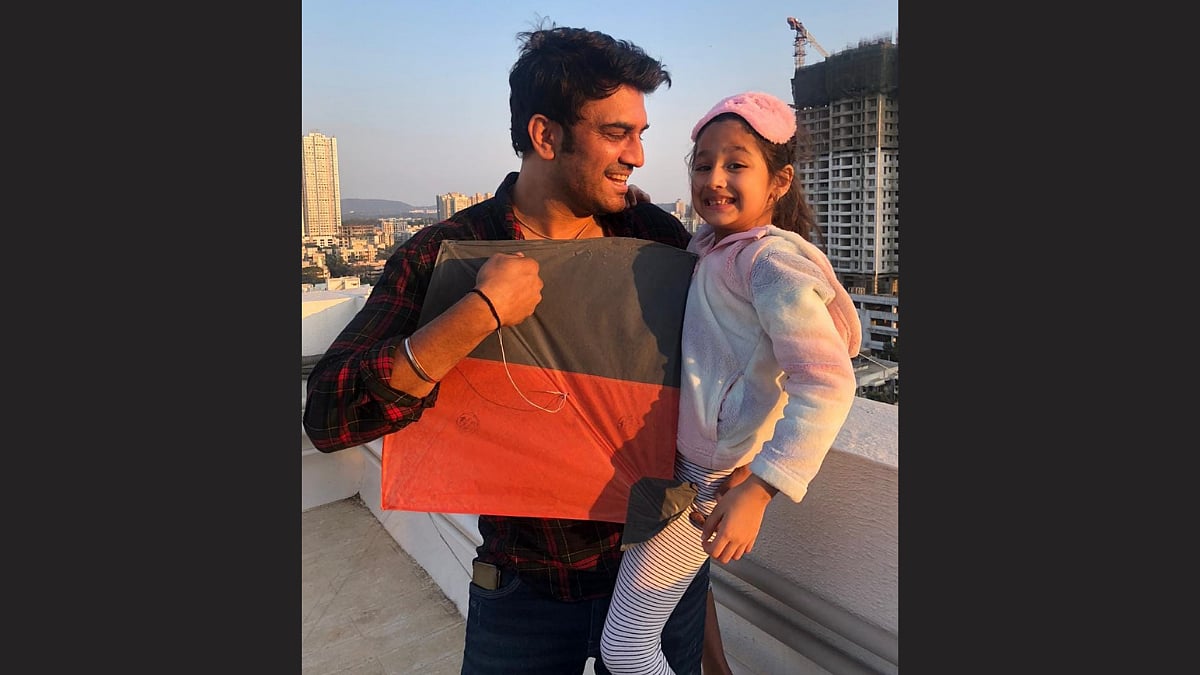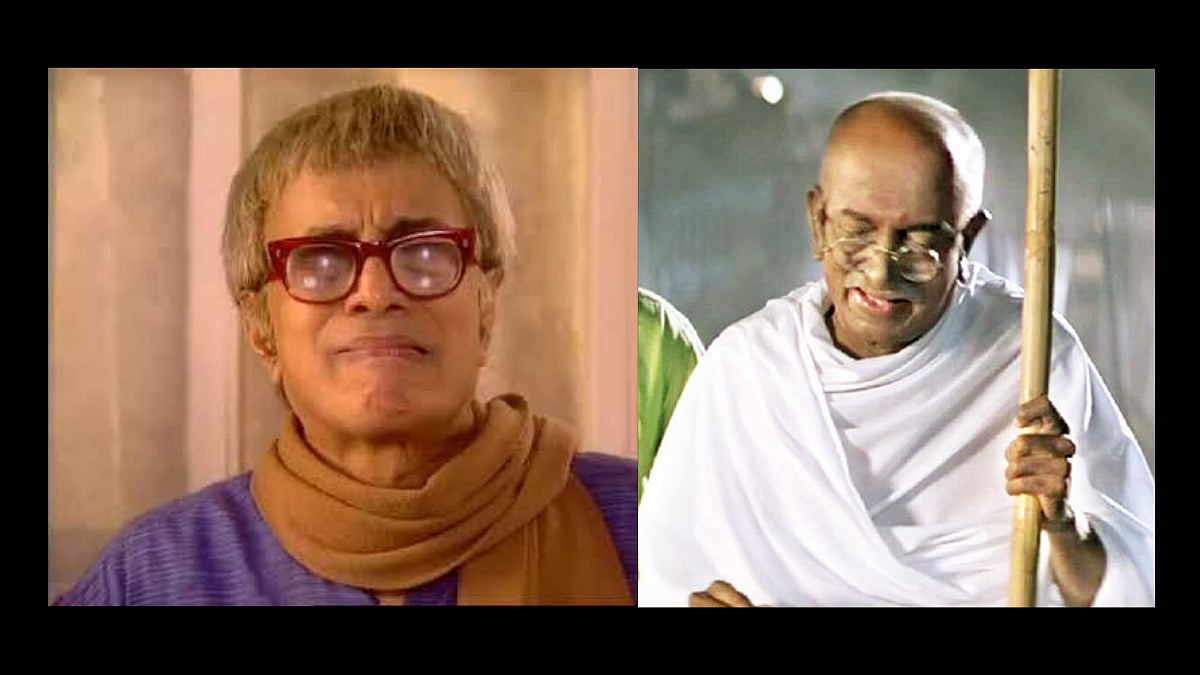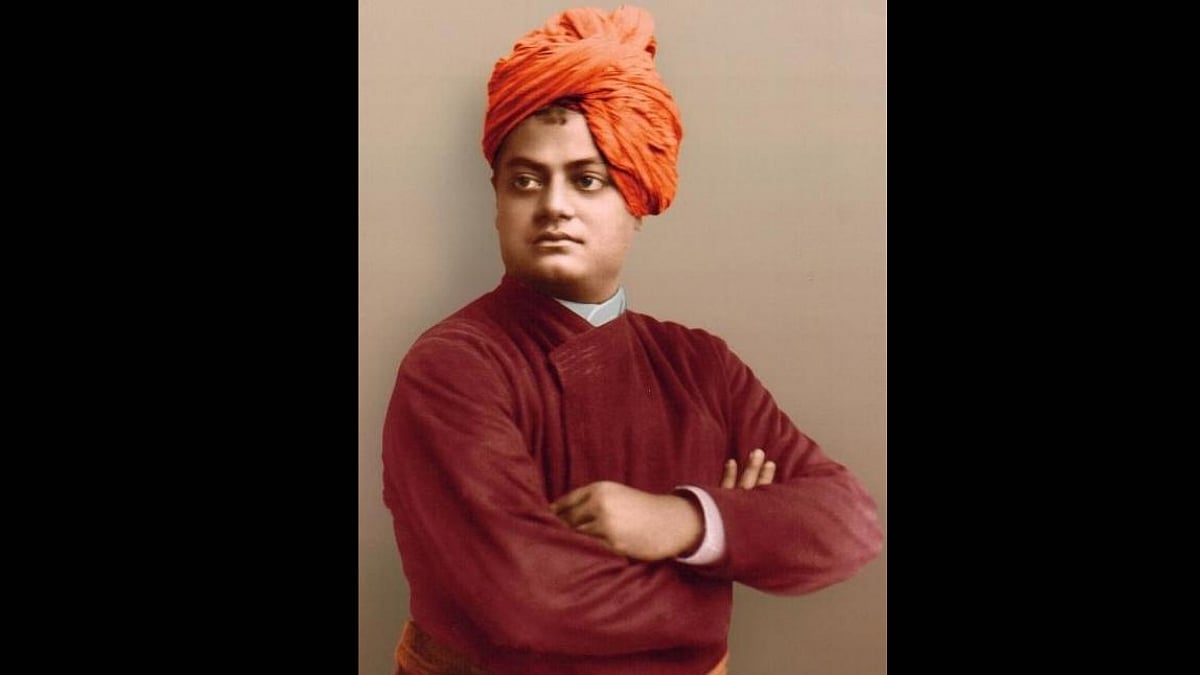Christmas is coming early for every guitar aficionado in India. Guitar god Steve Vai is bringing his magic to Mumbai, Bengaluru, and Kolkata. The Inviolate India 2023 tour kicks off on December 6 Phoenix Market City, Mumbai, followed by Bengaluru and JW Marriott's Grand Ballroom in Kolkata. He is taking on tour his latest album Inviolate, which is completely instrumental and demonstrates exactly what makes Vai a three-time Grammy winner. Known for his collaborations with Frank Zappa and his participation in the G3 tour alongside Joe Satriani and Eric Johnson, Vai continues to enjoy a cult following with Gen Z latching on to his Youtube uploads and Instagram livestreams for inspiration.
Excerpts from an interview with FPJ.
What inspired the Inviolate album and how long did it take from the time of ideation to the release?
Before the Covid lockdown kicked in, I was planning on making a very different type record. But once we were locked down that project had to be put on hold. I wanted to put things up online for the fans that were locked down so I started a series of livestreams. One was called “Alien Guitar Secrets” where I take questions and talk about music, the guitar, etc.
The other one was called “Under It All” where I talk more about esoteric and spiritual subjects. I also had some time to work out some guitar techniques that needed a lot of focused time. That’s when I recorded the song Candle Power with the joint shifting finger technique, then made a little studio video performance of it.
I had undergone shoulder surgery and for a time could only use one hand so I wrote and recorded a song called Knappsack.
I started a Patreon page for fans and uploaded a tonne of content, and did live chats with the Patrons perhaps once a month. One of the tutorials I created was on delay. It goes very deep into delay and how to use all the parameters of it. As an example I did a little studio jam to a track I call Sandman Cloud Mist, and uploaded that to Youtube for the fans in lockdown.
At this point I noticed I was making an instrumental guitar album. This was very different than what I set out to do before the lockdown. I started to sketch out a full record and already had all this material so I just needed to fill it out with some tracks that would help balance the record in ways that I felt it needed. I had this one riff that I had written many years ago that I really liked and felt had potential. It was called The Red Flower but once I started recording it, I changed the name to Little Pretty. I made a simple studio video of a performance of this track and uploaded it to the fans in lockdown.
About 7 or so years ago I came up with the idea to create a guitar that could carry an entire piece of music. I knew it would need a bass neck, 7 string tuned down neck, 12 string neck and harp strings along with a built in guitar synthesiser and some other cool features. I also knew I wanted it to have a steampunk motif to it. I sent my ideas to Ibanez and they started to build the Hydra. I realized I only needed a few more tracks to fill out a whole record and the arrival of the Hydra to my home studio came at a perfect timing. I wanted to write a piece of music on the Hydra that used all the necks at the same time, but I knew it had to be a good song with a good melody. It took me 6 weeks to write and record Teeth Of the Hydra. I knew I need to make a video of the performance because it’s very engaging to see the song performed on the Hydra (if you are into that kind of thing). Then I recorded Apollo In Colour and Zeus in Chains. The whole process took perhaps a year, and I’ve decided to tour my ass off. The tour kicked off May 2022 and I’ll be out until end of 2024.
What do you think your fans will take away from your recent album?
I’ve had the opportunity to meet a lot of fans, we are talking about fans who have followed me and are drawn to my particular musical DNA. It seems that their takeaway from the album is, “How does he keep evolving and being so innovative on the guitar at 63 years old?” But what I hope they would take away is just some very pleasing and satisfying moments based on the melodies.
You have collaborated with musicians like Frank Zappa, David Lee Roth, and Whitesnake. How have they inspired your music?
Each one of those situations offered a learning experience for me on various aspects of making music, the music business and how to navigate an independent solo career. They all helped prepare me for what I’m doing today.
You have toured in many countries but which are the countries you would love to include in your next tour?
I’ve never performed in Africa, Tahiti, Hawaii or Alaska and I would love to do that someday.
What were some early influences that shaped your musical style?
The Music of West Side Story, the Top 40 charts in the 70’s, Led Zeppelin, Queen, The Runaways, Alice Cooper, Stravinsky, Deep Purple and Jethro Tull.
How do you balance technical proficiency with musical expression?
I use technical proficiency to perform my melodies. Melody is THE most important thing. It doesn’t take a lot of technique to play a great melody unless you are using a technique to do it. If you practice a whole lot, you can develop virtuoso technique, but that does not necessarily make a person an effective musician.
There are unique melodies that exist in your inner ear and no amount of practicing finger techniques will draw them out. The habit of listening inside of yourself needs to be developed to find those unique melodies that already exist in a musician. Once you find that, you can decorate the rest of your track with virtuosity, but the melody is what gives the song strong legs.
This being your India tour, what are your thoughts on the Indian music scene?
I’m not familiar with the conventional pop Indian scene but I dearly love traditional classical Indian music. Within the elixir of its harmonic atmosphere is a musical and fantasy dimension that is unlike anything else. It captures the essence of the culture and that’s the thing I seem to respond to most in Indian music.
Among the current musicians, bassist Mohini Dey is a good friend. I first started seeing clips of her unbelievable talent through my guitar tech, Thomas Nordegg, when she was first hitting the scene. She’s the very rare but perfect example of a contemporary virtuoso player who has retained a certain spirit of the traditions and culture she was brought up in.
Are there elements of Indian music that you find particularly intriguing?
Absolutely. I am inspired by and a big fan of mandolin maestro U. Shrinivas and violinist L. Shankar. They are absolutely extraordinary. The soul of a raga moves you in unique ways, and I picked up some technique from these artists. Micro tonal passages and particular ways of bending or sliding to a note are very unlike traditional Western styles.
What did you miss about India in 2017 that you are excited to do again this time?
I usually don’t go shopping but India has such colourful and exotic items that I’m looking forward to stalking the shops.
How has new technology changed the way guitarists interact with their instruments?
Certain things have changed pretty heavily, and some things haven’t changed much at all. Some of the technology that has come along that has heavily changed the way a guitarist might approach a project or a song is the advent of the internet, digital technology, and multi-fx based gear. When something is introduced like the internet, it automatically allows guitar players to find inspiration from other players, it enables them to make their artistic work available to the world without a middle-man, it enables swift communication with other musicians.
Developments in gear and sound technology can change the way a person approaches the way they play their instrument, because if the sound you are hearing coming off your fingers is heavily manipulated in ways that could not have been done before, then you have a whole new sound and set of tools to use to build things. Technology has made it easier for young and brilliant artists to navigate their career more freely, independently and creatively. Some of the things that have not changed is the need for a good melody in whatever genre you choose. The co-creativeness and communication you have with co-writers and band members has never changed based on technology. That connection of aligning with each other is the same.
Who are some emerging guitarists that you believe are pushing the boundaries of the instrument?
I’m having my Vai Academy Camp 7.0 this January 2-5, 2024 in Orlando Florida and I have decided to invite all the fascinating new players that are raising the bar on guitar technique. They look around and see where things are at, and then they take it to another level. Some of these new players that I feel are expanding and evolving the level of technique are Matteo Mancuso, Daniele Gottardo, Yevette Young, Tim Henson and Scotty LePage, Sarah Longfield, Ichika Nito, Mateus Asato, Mohini Dey, Marcin, and they will all be at my camp!
Looking back on your illustrious career, what are the moments that you are particularly proud of?
I would say that more than being proud, I’m grateful and appreciative. Those moments in my career where I look back and have profound feelings of appreciation are those moments when an inspired idea would arise in me. It could be the idea for a song, or a melody, or a riff, or a whole project. It’s a very delicious moment because all the best ideas come to us from the Universe (our inner being). They illuminate our awareness and cause instant feelings of enthusiasm. Those are the ideas to follow, and whenever I have followed them they always resulted in very fulfilling and satisfying things.
Some of the events in my career that you might assume I would write down here may look to be something I would be proud of, but sometimes they are not as fulfilling as an idea for a particular way to phrase a melody. My most fulfilling moments are those where I have an inspired idea, have a great time manifesting it, and when I’m finished and I listen back to it, it turns out better than I could have expected. That makes my life like heaven in a cup.


